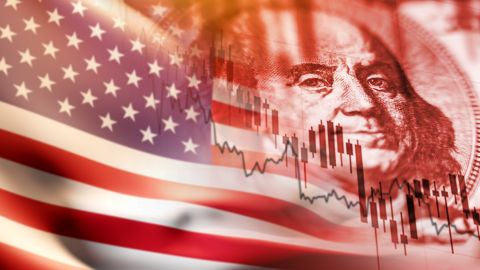ALBAWABA - Popular payday advance products will now be classified as consumer loans under a new regulation that the Consumer Financial Protection Bureau (CFPB) announced on Thursday. The CFPB claims this would guarantee lenders provide customers important information about charges and fees under the 1968 Truth in Lending Act.
With nearly 75 percent of workers getting paid biweekly or monthly, the CFPB says that the mismatch between wage payment and expense timing for most workers has led to the rise of online financial services offering early paycheck advances.
In 2022, at least 5% of American workers utilized an Earned Wage product at least once, says the Consumer Finance Protection Bureau. According to their estimates, 3 million workers received $9.1 billion via direct-to-consumer applications, while 7 million workers received $22 billion through apps that integrated with their places of work.
According to the Bureau’s data, the typical Earned Wage Access user takes out 27 of these loans year, or nearly each biweekly paycheck. This may resemble the amount on a rotating credit card. However, the interest rates on the loans are greater than those of the most costly premium credit card, with costs that add up to an average Annual Percentage Rate (APR) of more than 100%.
In accordance to the proposed regulation, many of these products would be subject to the current federal statute that compels lenders to disclose information to borrowers. This information has to include fees, interest, and the overall expenses that the borrower will face as a result of utilizing the provided product.
According to a CFPB analysis of information from eight employer-partnered companies, which it claims make up just under half of the employer-partnered market, the amount of transactions processed by these businesses skyrocketed by 90% between 2021 and 2022, when over 7 million employees accessed about $22 million in loans.
Acting Secretary of Labor, Julie Su, said that “in recent years, workers have seen big increases in wages, but junk fees and high rates on financial products not only chip away at these gains – they take advantage of workers,” adding “as part of the most pro-worker, pro-union administration in history, here at the Department of Labor, we proudly support efforts by the CFPB to guard against predatory lending in the workplace.”








